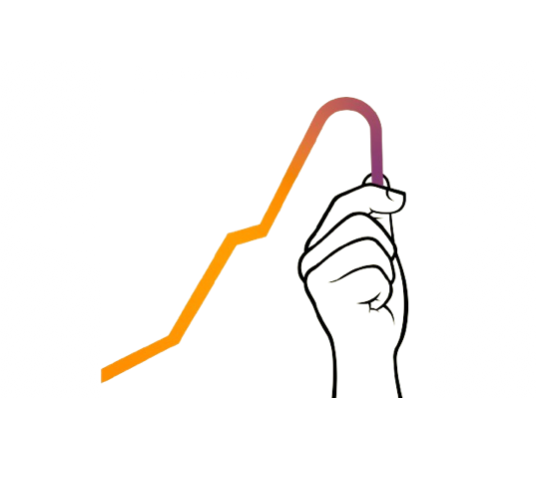COVID-19 also known by the name corona virus is a highly contaminated disease spreading rapidly like wildfire. Improper solid waste management can add on to the list of causing corona virus.
Solid waste damps are seriously spoiling the environmental condition. Municipal waste generation decreased in most cities due to covid. Since the declaration of Covid-19 as a public health emergency by WHO ( World Health Organization), many safety measures are being followed such as wearing a mask, maintaining social distancing, frequently washing of hands, coughing and sneezing into a flexed elbow. The PPE ( personal protective equipment) such as – surgical gloves, masks, and even full covered aprons are suggested for the health or other service workers(doctors, nurses, caregivers)treating covid patients. Many and many PPE are being manufactured in sight of keeping people safe. As a result patients suffering from covid are using masks, gloves too. The threat of spreading of the disease is more in developing countries such as India.
Millions of contaminated PPEs( facemask, gloves ) are being dumped as waste. These wastes if not treated properly can cause health threats. A recent study have shown that coronavirus survives on surfaces such as metals, glass, plastics for up to nine days. In many developing countries as of ours, these solid waste are being dumped in open and improperly managed disposal area. The waste pickers in the quest of recyclable stuff, without wearing proper protection, causes their lives to be at risks. These areas have animals too like dogs, goats, cows, in the scavenge of food which later roam about in streets and coming close to human contact spread the disease.
Improper dumping of waste bottles which was earlier served at isolation centers cause the disease spread further. Used bottles can be contaminated by the virus and as said earlier the virus survives quite a number of days on the plastic surface and later finding a human body to infest. Many such used bottles are again recycled by the street beggars and children to store water. Such use of contaminated bottles risks the lives of people. Studies have shown that the ratio of infectious waste in the studied hospitals have gone up to 9% in medical waste and 121% compared with before covid-19. Covid-19 itself has increased the waste generation and an increased amount of contaminated waste in junkyards.
One of the major concerns is the littering of mask and gloves by citizens on the streets. In addition to this, treating covid patients at home has led to the production of waste. These wastes are collected by the street cleaners every morning. This causes a risk to their lives too. Secretion and dumping of solid waste in water bodies contaminates it and people bathing in the same water can cause corona virus to infect them.
Therefore improper management of these wastes including masks, gloves, aprons, bottles are causing this disease to spread widely. Whereas if these wastes are treated a little carefully it can help reduce the spread of corona virus.

